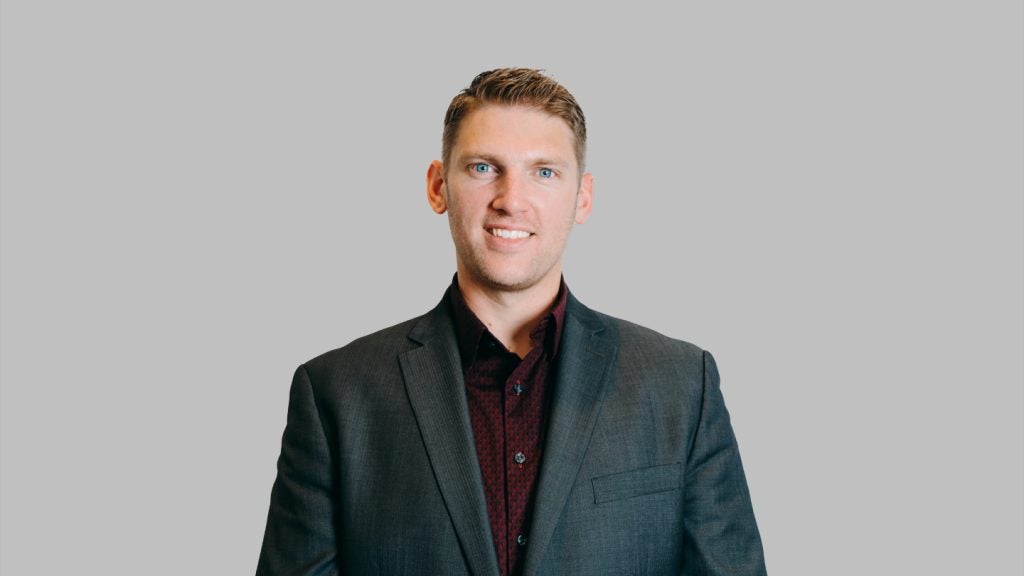Technology millionaires and billionaires have been flooding into the news over the past decade, with people like Bill Gates, Mark Zuckerburg, Eric Schmidt and Larry Page making fortunes out of technological innovation. However, countries outside of the US are now producing their own technology entrepreneurs and creating their own ‘silicon valley’ to appeal to entrepreneurs, producing HNWIs such as Markus Persson, Kaj Hed and Riccardo Zacconi.
A prime example of this is Germany’s efforts to reach out to these entrepreneurs. SoundCloud, a music sharing service moved from Stockholm to Berlin in 2007, due to low rent costs and opportunities to easily access continental Europe. The company is now worth an estimated US$700 million.
The UK is also increasing its level of technology investment, especially in the online gaming and social media scene. WealthInsight show that a growth rate of 13.8% between 2009 and 2013. This is only expected to increase as the UK app developer report showed that 32% of European mobile app revenues came from the UK, producing revenues of £4 billion and companies such as King.com whose head office is in London. This along with tax reliefs from the UK government will only produce more millionaires in this sector.

Source: WealthInsight
But the main location that have produced the largest and most successful technology entrepreneurs has been in the Nordic regions, providing us Rovio Entertainment (Finland), Mojang (Sweden), Just Eat Plc (Denmark) and many more. However, many of these companies, such as SoundCloud have moved on to pastures new, meaning these countries need to put plans into place to reduce the level of technology firms moving on.
How well do you really know your competitors?
Access the most comprehensive Company Profiles on the market, powered by GlobalData. Save hours of research. Gain competitive edge.

Thank you!
Your download email will arrive shortly
Not ready to buy yet? Download a free sample
We are confident about the unique quality of our Company Profiles. However, we want you to make the most beneficial decision for your business, so we offer a free sample that you can download by submitting the below form
By GlobalDataCountries such as Sweden need to address this, after losing companies such as King.com, who were originally founded in the country. Offering tax incentive for new technology start-ups or creating tax-free zones could incentivise start-ups to move to the country
Tom Carlisle, analyst
Lifting the Veil on Saudi Arabia
The Kingdom of Saudi Arabia has never been much of a ‘go-to’ destination. Known mainly for its oil (itself a spiralling commodity), the country is now battling terrorism on two borders (Yemen and Iraq). It’s not that foreigners are very welcome either: Tourist visas don’t exist and even if, as an outsider, you are granted access to the Kingdom (through business or contacts) much of the country still remains off limits due to security or exclusivity over holy sites.
Old stereotypes, however, might start to thaw next year as the Kingdom opens its doors – slowly at first – to the outside world. For the first time, foreign investors will have access to the Tadawul, Saudi’s only stock exchange. Rumours have emerged this week that this access could commence in Q1 2015, granting investors a way into the Middle East’s largest stock market by April. Though regulations will initially be frosty, foreign investors could eventually have buying rights to as much as 10% of a Saudi company.
But the Tadawul is more than just a rich stock market. Saudi Arabia is currently the second richest Arab country ranked by the number of millionaires (HNWIs). Though it is only 1,500 millionaires behind the UAE, in 10 years Saudi will exceed its Gulf rival with about 66,400 millionaires whereas UAE will have 64,400. The wealthier echelon of these 66,000 owe the bulk of their wealth to the well-run, family owned conglomerates that make-up the Tadawul, and it is these families and their companies that foreign investors will be buying into as of next year.
Another Saudi first happened this year: The country’s tourist board, Saudi Tourism, exhibited for the first time at the World Travel Market, the world’s largest travel event. Hopes are that the Kingdom will soon start issuing tourist visas, further thawing stereotypes as a huge and ancient land is opened to the outside visitor. Saudi Arabia may yet become a desirable destination for money and tourists.
Oliver Williams, analyst







